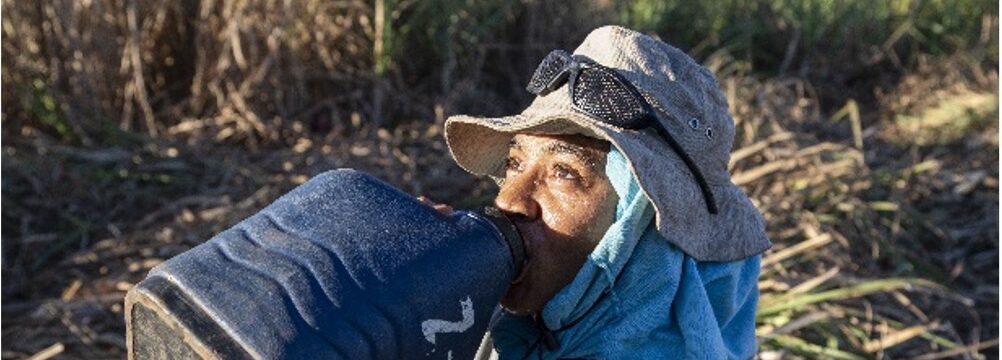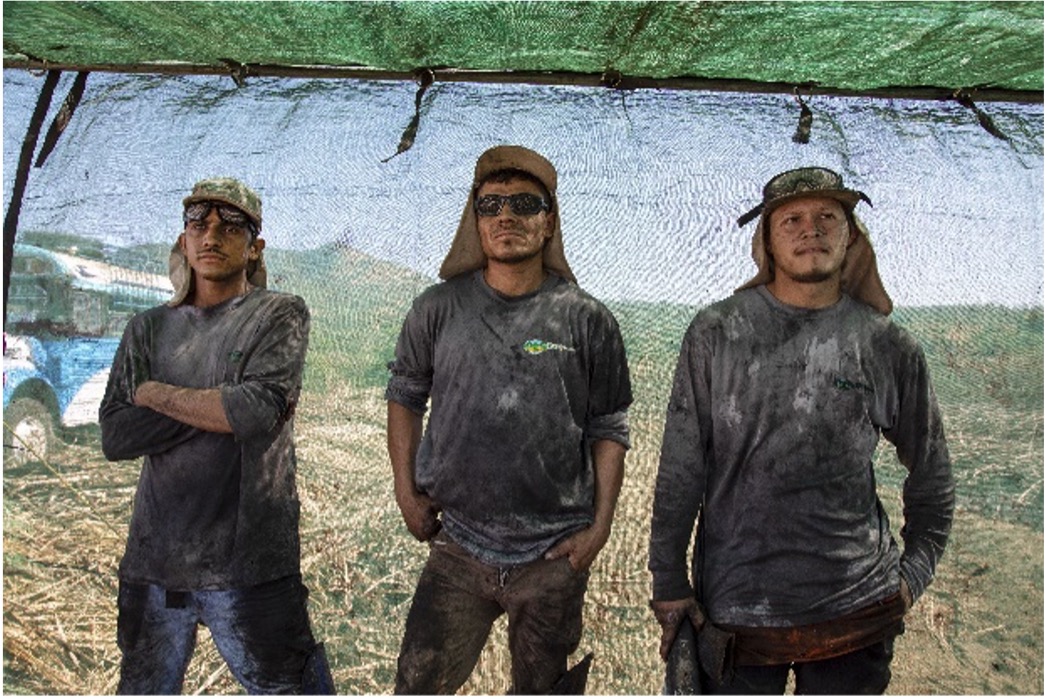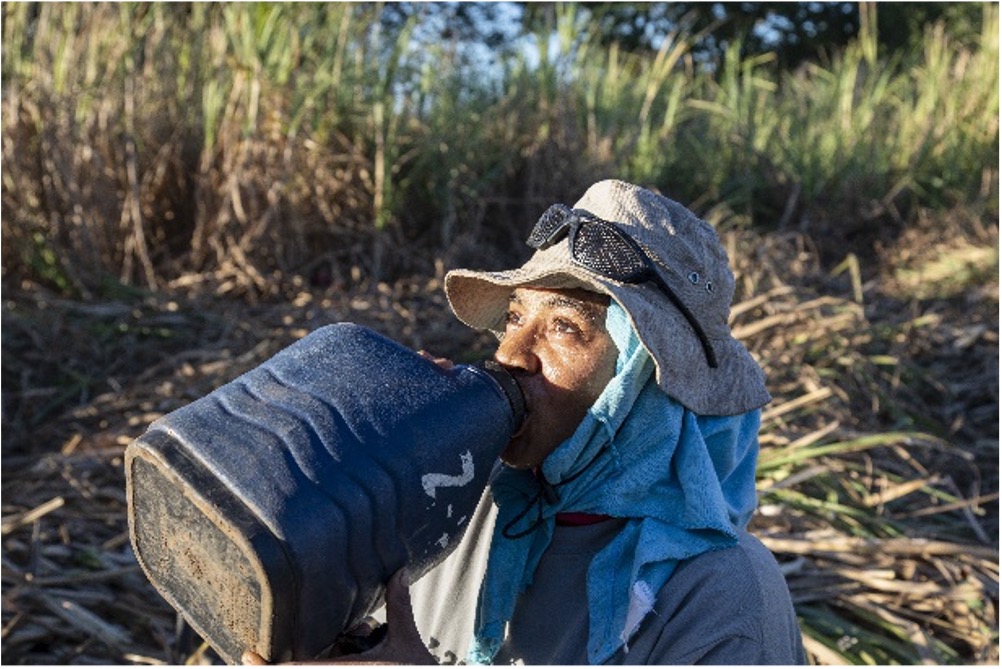Communities and workers informed the prioritization of efforts and the practical design of the intervention. Sugarcane producers were essential in the provision of a venue and the design of the program. Brands and certification bodies such as Fair Trade helped prioritize heat stress within relevant supply chains. Governmental and UN agencies were engaged early to identify what data was required for decision makers. Unions and worker groups were provided with data as it became available for their own advocacy. Engagement was achieved through direct outreach in person and online, commercial, and scientific conferences, and media appearances including press, documentaries, and photo stories.
The initial funding received for the project was approximately $2.5 million financed by Germany’s KfW, DEG, Federal Ministry for Economic Cooperation and Development (BMZ), and German Agency for International Cooperation (GIZ).





